Kokoda College, a high school in the remote Papua New Guinea village in Oro Province, near the eastern end of the Kokoda Trail and accessible only by air or foot, 144 kilometres northeast of Port Moresby has ensured better learning outcomes for its students with the installation of a solar powered mini-grid.
Lacking access to grid electricity, the mini-grid will now power classrooms, an IT lab inclusive of disability assistive technologies, and vital infrastructure, such as solar water pump, an incinerator to support responsible waste management and a solar-powered irrigation system for a campus garden to enable climate-smart agriculture.
Supported by a partnership between the Kokoda Track Foundation (KTF) and the Australian government, the project is part of the Australian government’s Pacific climate infrastructure financing partnership (PCIFP) initiative to expand the Australian infrastructure financing facility for the Pacific’s (AIFFPs) climate investments.
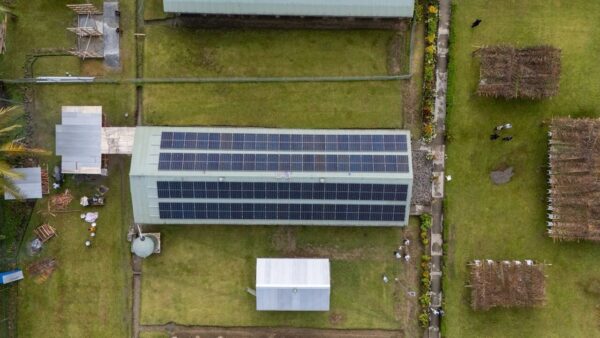
Image: Australian Infrastructure Financing Facility for the Pacific
Outcomes for students pursuing a second chance at secondary education can improve their grades through KTF’s flexible open distance education (FODE) program, with the solar grid providing better access to technology on campus and enabling digital tablet charging for afterschool studies at home, a measure particularly valuable for women who represent more than half the student population.
Kokoda College Principal Stainless Bill said the solar mini-grid will provide much needed energy at Kokoda College campus.
“This life changing initiative will not only eradicate energy shortages but also empower our students to shine brighter in their educational journey by enabling effective teaching and learning,” Stainless Bill said.
KTF Chief Executive Officer Dr Genevieve Nelson said the solar mini-grid is a game-changer for Kokoda College.
“It will provide much-needed energy to classrooms, enabling better learning outcomes and building pathways into higher education and employment, particularly in education and health,” Nelson said.
Australian High Commission Minister Counsellor Dr Cate Rogers said Australia supports small scale, off-grid renewable energy infrastructure to boost development in remote and rural communities by providing reliable and clean energy and enhancing long-term climate resilience.
The Government of Papua New Guinea has set a target of connecting 70% of Papua New Guinea’s population to renewable electricity by 2030.
This content is protected by copyright and may not be reused. If you want to cooperate with us and would like to reuse some of our content, please contact: editors@pv-magazine.com.
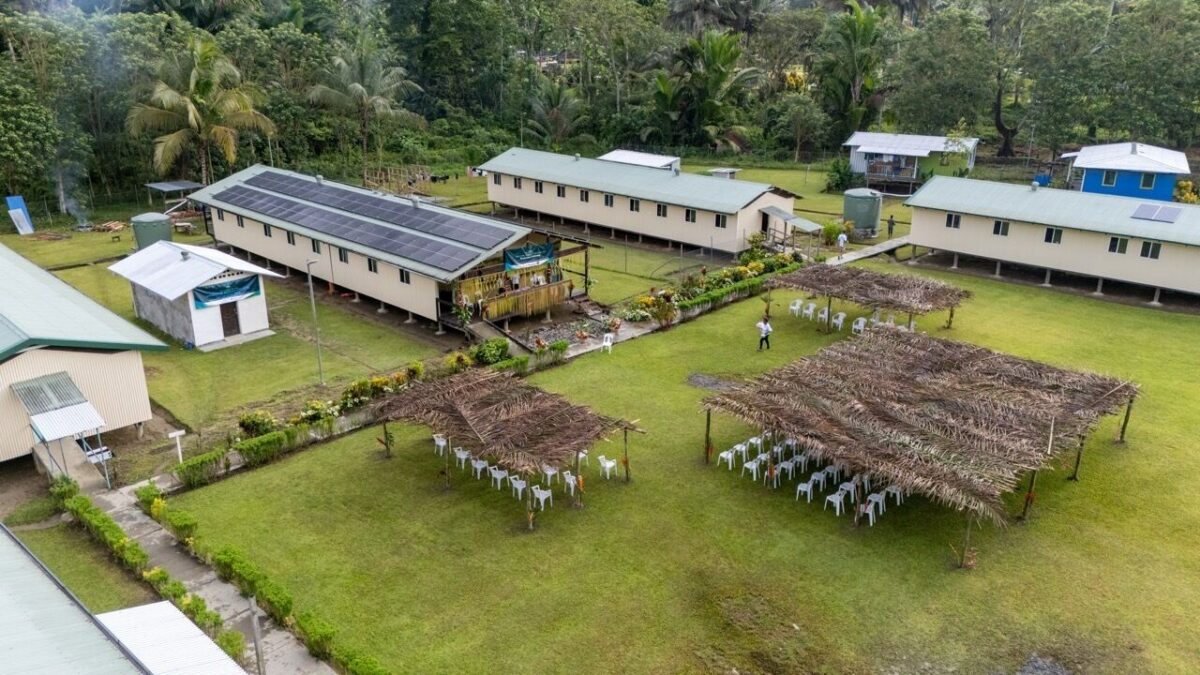
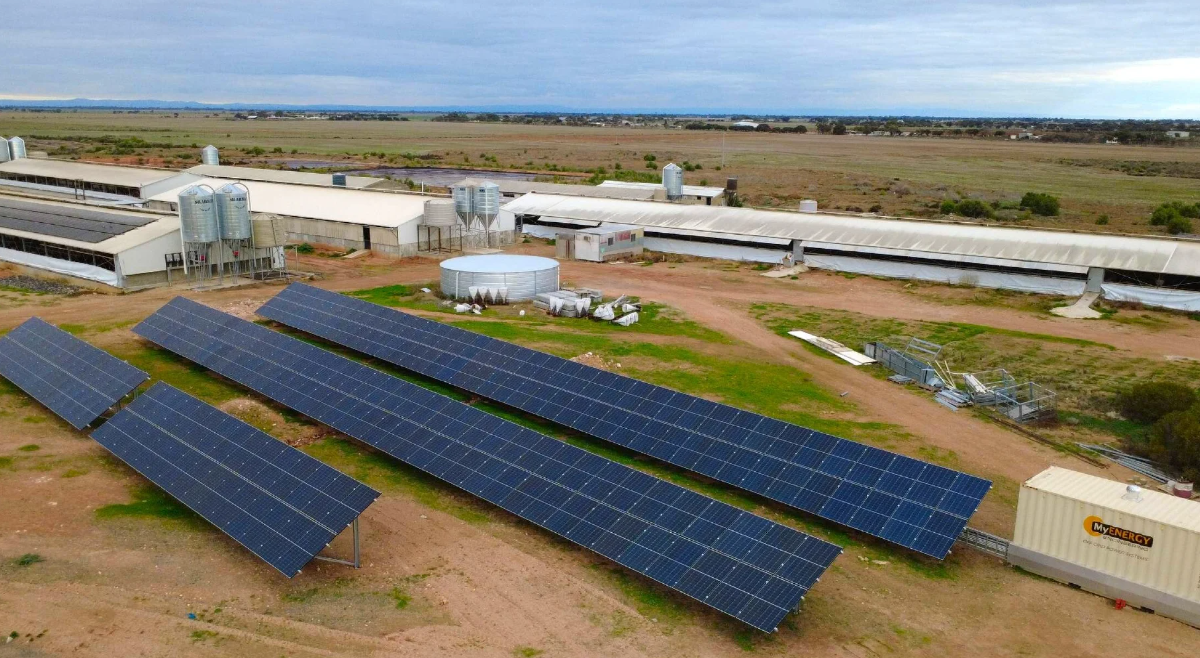


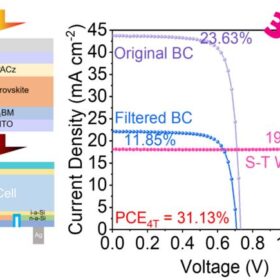
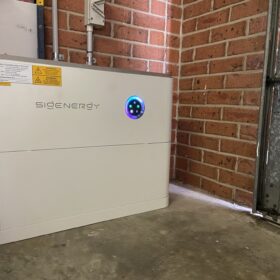
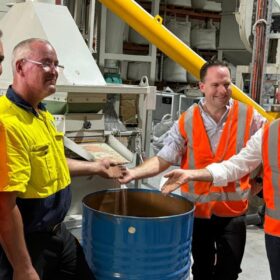
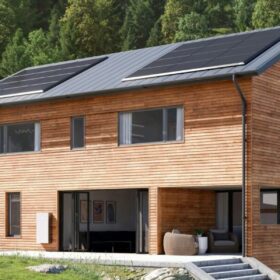
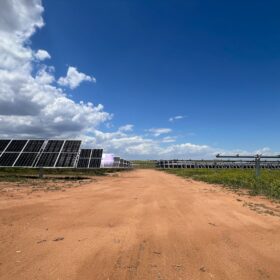
By submitting this form you agree to pv magazine using your data for the purposes of publishing your comment.
Your personal data will only be disclosed or otherwise transmitted to third parties for the purposes of spam filtering or if this is necessary for technical maintenance of the website. Any other transfer to third parties will not take place unless this is justified on the basis of applicable data protection regulations or if pv magazine is legally obliged to do so.
You may revoke this consent at any time with effect for the future, in which case your personal data will be deleted immediately. Otherwise, your data will be deleted if pv magazine has processed your request or the purpose of data storage is fulfilled.
Further information on data privacy can be found in our Data Protection Policy.